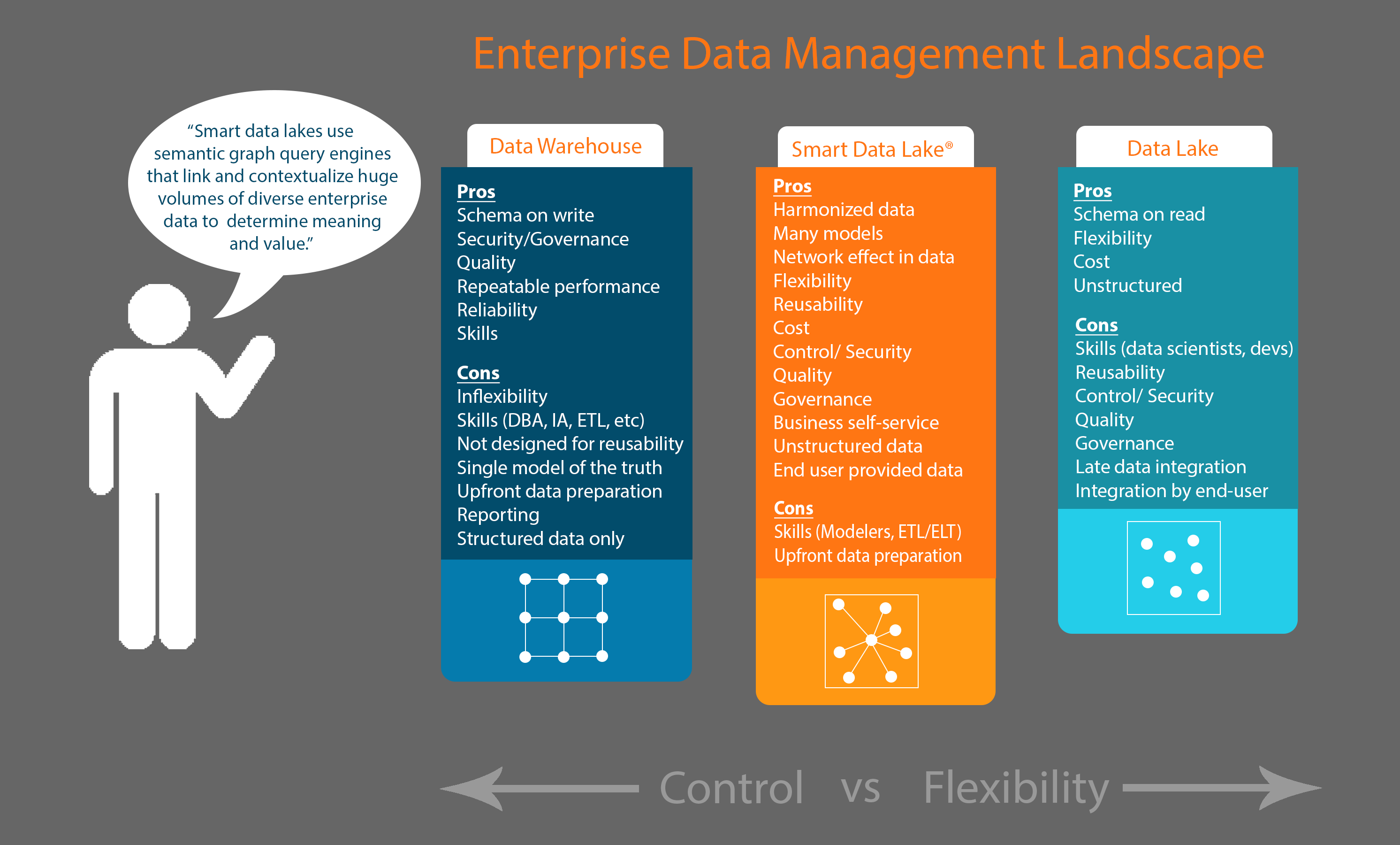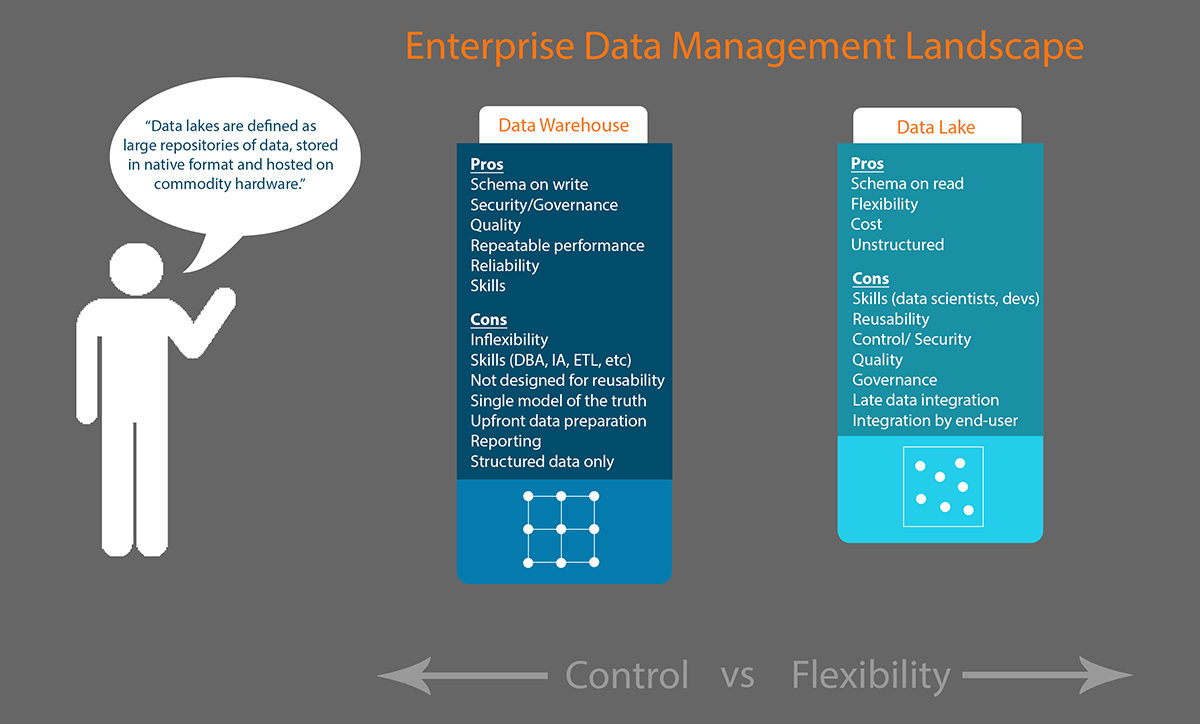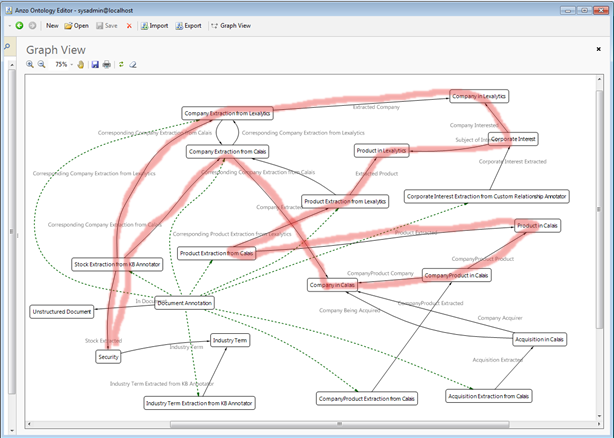We are at an inflection point in the financial services industry. The evolving and overwhelming demands of regulatory compliance have forced organizations to acknowledge the need for data governance...
1 Beacon St | 15th Floor | Boston, MA 02108
Copyright © 2021 Cambridge Semantics. All Rights Reserved.
Privacy Policy










